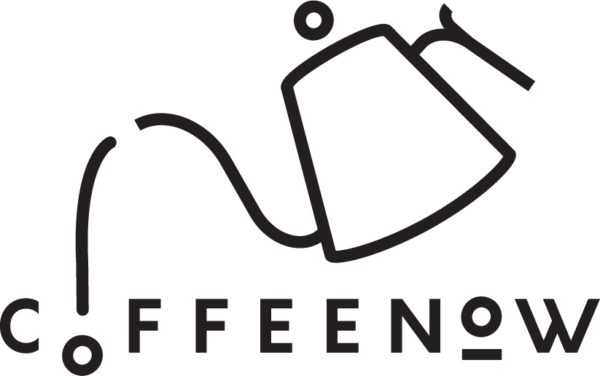News
What should be on a Specialty Coffee Bag?
A specialty coffee bag typically contains important information that helps consumers make informed choices about the coffee they are purchasing. Here are some key pieces of information that are commonly found on specialty coffee bags:
Coffee Origin: The bag should specify the country or region where the coffee beans were grown. This provides consumers with an idea of the coffee’s flavor profile and potential characteristics based on the region’s climate and soil conditions.
Locality Farm or Estate Name: Specialty coffees often highlight the specific farm or estate where the beans were cultivated. This information helps consumers connect with the coffee’s origin and can be an indicator of quality and traceability.
Coffee Varietal: The bag may mention the coffee varietal, which refers to the specific type of coffee plant from which the beans were harvested. Different varietals can offer distinct flavors, aromas, and characteristics.
Roast Level: Specialty coffee bags typically indicate the roast level of the beans. Common roast profiles include light, medium, and dark roast. This information helps consumers choose a roast that aligns with their taste preferences.
Tasting Notes: The bag may feature tasting notes, which describe the flavor and aroma characteristics of the coffee. These notes often highlight the prominent flavors present in the cup, such as chocolate, citrus, floral, or nutty notes.
Processing Method: Specialty coffee bags often mention the processing method used to prepare the beans after harvesting. Common methods include washed (or wet), natural (or dry), and honey processing. This information can affect the coffee’s flavor profile.
Date of Roasting: It is common for specialty coffee bags to display the date when the coffee beans were roasted. This information allows consumers to ensure they are purchasing freshly roasted coffee and helps determine the coffee’s optimal brewing window.
Grade and Certifications: If the coffee is certified organic, fair trade, Rainforest Alliance, or any other sustainability certification, it may be indicated on the bag. This helps consumers make choices aligned with their preferences for ethical and sustainable products.
Manufacturer or Roaster Information: The bag should contain details about the coffee manufacturer or roaster, including their name, location, and contact information. This allows consumers to learn more about the company and get in touch if needed.
It’s important to note that the specific information displayed on a specialty coffee bag can vary depending on the brand, region, and specific preferences of the roaster.
